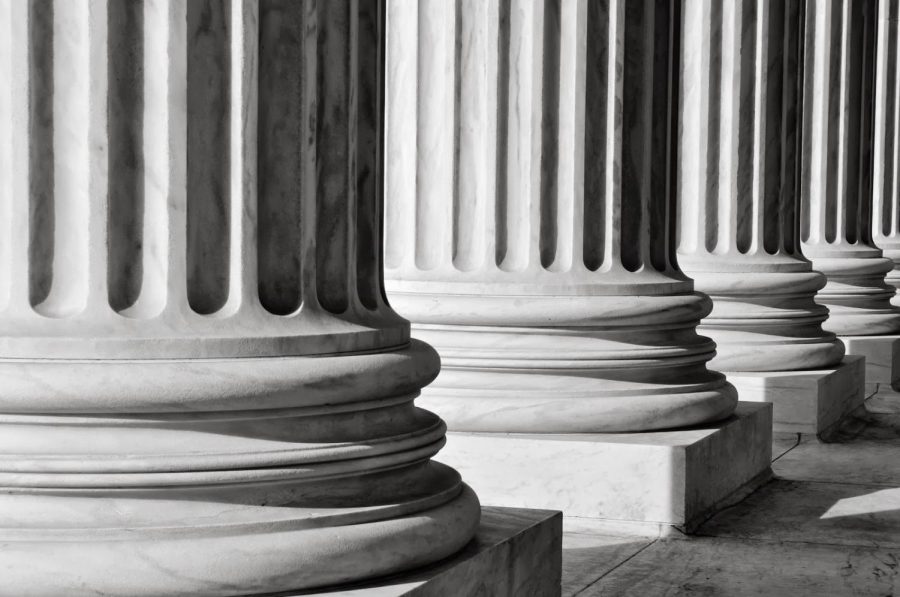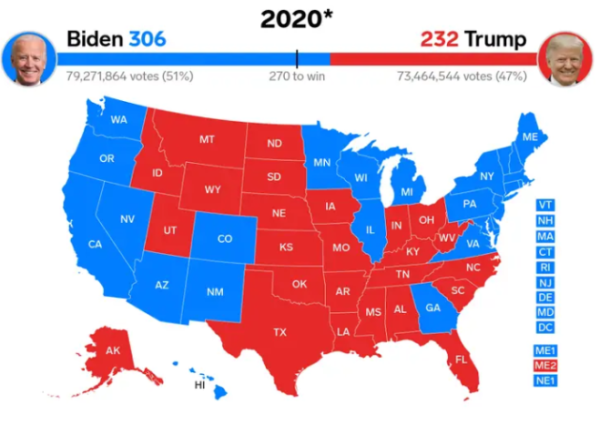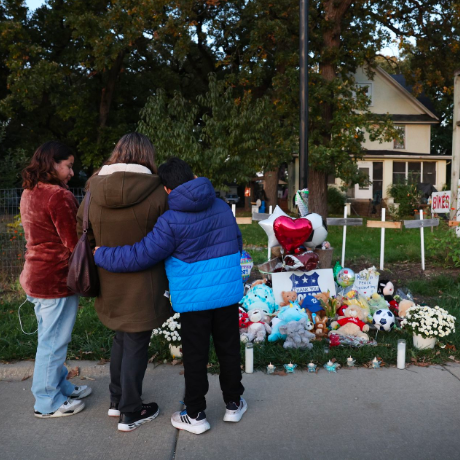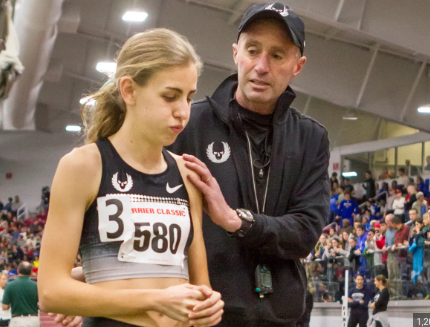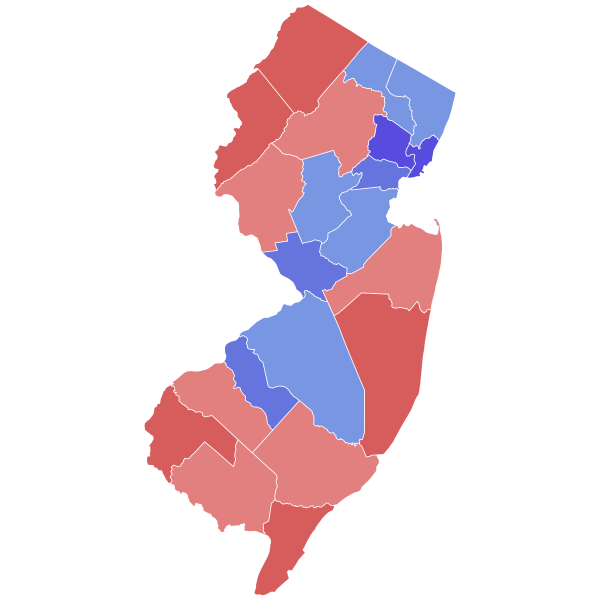Through the Lens of Rittenhouse & Arbery: A Deeper Look at the American Justice System
America was molded from ideas of independence and self-defense; it’s hard to argue against that. The Bill of Rights lays this out for us, and it lays at the very foundation of our country’s legal system. Recently though, examinations of the extent of self-defense have been causing quite a judicial stir. The Kyle Rittenhouse and Ahmaud Arbery trials have raised some important questions: Does the American justice system work? What causes contradictory verdicts between cases with similar judicial questions? And most importantly, how do we know whether or not justice has been served?
On Wednesday, November 24th, Travis McMichael, Gregory McMichael, and William Bryan Jr. were found guilty on multiple counts for the murder of Ahmaud Arbery. On the day of the murder, Arbery was going for a jog around the neighborhood. Travis McMichael and his father, Gregory, followed Arbery in a truck, believing that Arbery had committed a crime, planning to perform a citizen’s arrest. Bryan Jr. followed along in his own truck while filming the encounter. They killed Arbery, who was on foot and unarmed. The men who murdered Arbery will be put behind bars as a result. But this is not a common occurence; there’s a long history in America of judicial silence after the murders of Black citizens like Breonna Taylor, Tamir Rice, and Emmett Till.
On Friday, November 19th, Rittenhouse was acquitted on all charges. Over a year before, Rittenhouse, who was 17 at the time, shot and killed two people with an AR-15 and injured a third at a Black Lives Matter rally in Kenosha, Wisconsin. “Not guilty,” the jury echoed five times, once for each charge. The verdict, at least from a legal standpoint, is less than surprising. Wisconsin law (and most state laws) makes it incredibly easy for defendants who claim self-defense to be acquitted, or at least get off with a lesser sentence.
In the American judicial system, the defense does not have to prove anything in a trial. They only have to poke holes in the prosecution’s case and cause doubt. If the jury has any doubt of the defendant’s guilt, they must vote ‘not guilty.’ The burden of proof, therefore, falls upon the prosecution, which essentially means that they are tasked with proving the defendant’s guilt. The jury must be 100% certain—based on the evidence—that the defendant is guilty in order to vote ‘guilty’ solely based on the evidence. But there’s more to a case than just evidence. There’s precedent, and intent, and thousands of other little intricacies that aren’t considered evidence, but that are just as important when determining guilt.
The fact of the matter is this: Rittenhouse was acquitted. McMichael, his father, and Brian Jr. were convicted. But why? Why, in such similar cases about self-defense, were the outcomes so vastly different? The law is murky. It’s ambivalent, subjective, and hard to pin down. In some ways, that’s a good thing. If there was no room for interpretation, there would be no need for juries, or trials at all for that matter. But there are downsides to the indefinite legal system that encompasses all we do, a system that isn’t very clear nor uniform. Victims don’t always receive the justice they deserve. Perpetrators fall through the arbitrary cracks of the law and get away with crimes. Innocent citizens are shut away in the name of “justice.” There needs to be a middle ground in which the law is consistent and fair.
Morality often stands in stark contrast to legality, where one looks different for everyone while the other often exists in either black or white. The law is supposed to take morals into account while making rules that are constant. But there are still inconsistencies, such as in the Arbery case which has strong parallels to a similar case that occurred in 2012: the trial of George Zimmerman, the man who shot and killed 17-year-old Trayvon Martin. The central difference, however, is that the system allowed Zimmerman to go free. The double-standards of the justice system make it difficult for citizens to feel as though justice has been served, especially when new verdicts with varying results are being handed down constantly.
Legal scholars have already started to look at potential ramifications of the Rittenhouse trial outcome and what precedent it might set for future self-defense cases. Ronald S. Sullivan Jr.—a professor at Harvard Law School—believes that the issue is not the jury charge itself, but rather the laws that allowed Rittenhouse to go free. “I see nothing in the text of the Second Amendment or its doctrinal exegesis that compels states to permit minors to stroll about town with a rifle strapped across their shoulder. It makes no sense,” Sullivan Jr. says, “and the unintended consequence of such a legal regime is a Wild Wild West mentality where citizens feel emboldened to engage in private law enforcement.” The outcome of the Arbery trial announced to America that vigilantism isn’t legal. But the Rittenhouse verdict contradicts that of the Arbery trial. That contradiction is key to understanding the problem at hand.
For now, the question of whether justice has truly been served still remains to be seen. The most important thing we can do now is continue to look deeply at the criminal justice system and recognize its flaws, numerous loopholes, and work towards amending the wrongs of the past. Changes need to be made, and through advocacy and enough scrutiny of our current legal system, they will be.
Special thanks to Ben Sherwood.
